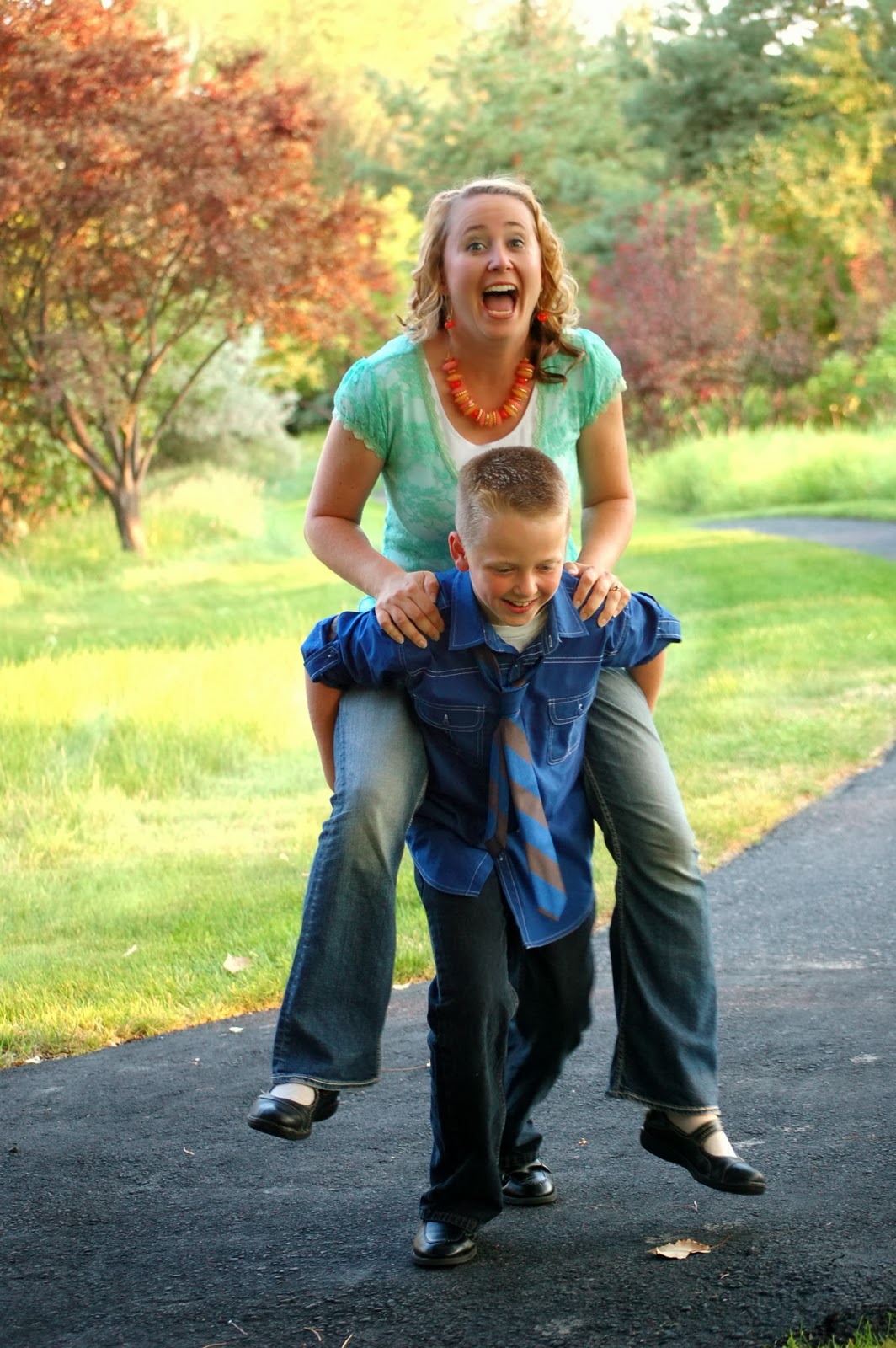What exactly happened in the case of the so-called Buscar Kid and His Mom CCTV? This question has captivated millions worldwide, with social media platforms like X (formerly Twitter) buzzing with discussions. The incident, captured on surveillance footage, has sparked debates about privacy, safety, and the role of technology in our daily lives. A bold statement supporting this inquiry lies in the fact that such viral content often reveals more about societal values than the events themselves.
Recently, the term Buscar Kid and His Mom CCTV Full has garnered significant attention online. It refers to a video clip circulating widely, purportedly showing an interaction between a child and his mother caught on closed-circuit television. As details emerged, it became clear that the situation was not as straightforward as initial headlines suggested. While some users focused on the authenticity of the footage, others questioned the ethical implications of sharing personal moments without consent. Despite these concerns, the video continued to spread across various platforms, including Reddit and Telegram.
| Bio Data | Details |
|---|---|
| Name | (Not disclosed for privacy reasons) |
| Age | (Not disclosed for privacy reasons) |
| Place of Incident | Unknown Location |
| Career/Professional Information | N/A |
| Reference Website | Snopes |
The original CCTV footage reportedly originated from a private security camera installed at an undisclosed location. Although the exact circumstances surrounding its recording remain unclear, experts suggest that the video likely depicts a routine moment between a parent and child. However, once uploaded online, the context quickly shifted as viewers projected their own interpretations onto the scene. Some saw humor in the exchange, while others perceived potential danger or neglect.
As the video gained traction, several edited versions began appearing, each tailored to suit specific narratives. On platforms such as TikTok and YouTube, creators used the footage to craft entertaining skits or raise awareness about digital literacy. Meanwhile, forums like Reddit delved deeper into analyzing the technical aspects of the video, debating factors like resolution quality and timestamp accuracy. These discussions highlighted the dual nature of modern technology—both empowering and complicating how we perceive reality.
Privacy advocates have expressed concern over the ease with which intimate moments can be shared globally without proper authorization. In this particular instance, neither the child nor the adult involved gave explicit permission for their image to be disseminated publicly. Such situations underscore the importance of responsible internet usage and emphasize the need for stricter regulations governing data protection laws. Organizations like Snopes (link) play crucial roles in verifying facts amidst misinformation campaigns.
Despite widespread interest in the Buscar Kid and His Mom CCTV saga, official statements regarding the matter remain scarce. Authorities in jurisdictions where similar incidents occur typically prioritize safeguarding identities unless evidence suggests criminal activity. Consequently, most updates come directly from user-generated content rather than verified sources. This dynamic further complicates efforts to separate truth from speculation.
In light of these developments, educators and policymakers are increasingly advocating for comprehensive digital citizenship programs aimed at fostering critical thinking skills among young people. By teaching students how to evaluate online information critically, they hope to reduce instances of cyberbullying, harassment, and exploitation. Furthermore, promoting empathy within virtual spaces could help mitigate negative consequences associated with viral phenomena like this one.
While the allure of sensational stories persists, responsible consumption practices must accompany them. Before sharing any piece of content, individuals should consider whether doing so contributes positively to public discourse or merely perpetuates harmful stereotypes. Encouraging open dialogue around sensitive topics also fosters mutual understanding and respect among diverse communities.
Ultimately, the story of the Buscar Kid and His Mom CCTV serves as a poignant reminder of the complexities inherent in today's interconnected world. From questions about individual rights to broader discussions about technological advancements, every aspect merits thoughtful consideration. Moving forward, striking a balance between innovation and accountability will ensure that future generations inherit a safer, more inclusive digital landscape.
For those seeking additional resources related to digital safety and ethics, organizations such as Common Sense Media provide valuable insights and tools designed specifically for families navigating these challenges together. Together, we can create environments where creativity thrives alongside responsibility, paving the way for meaningful connections both online and offline.



